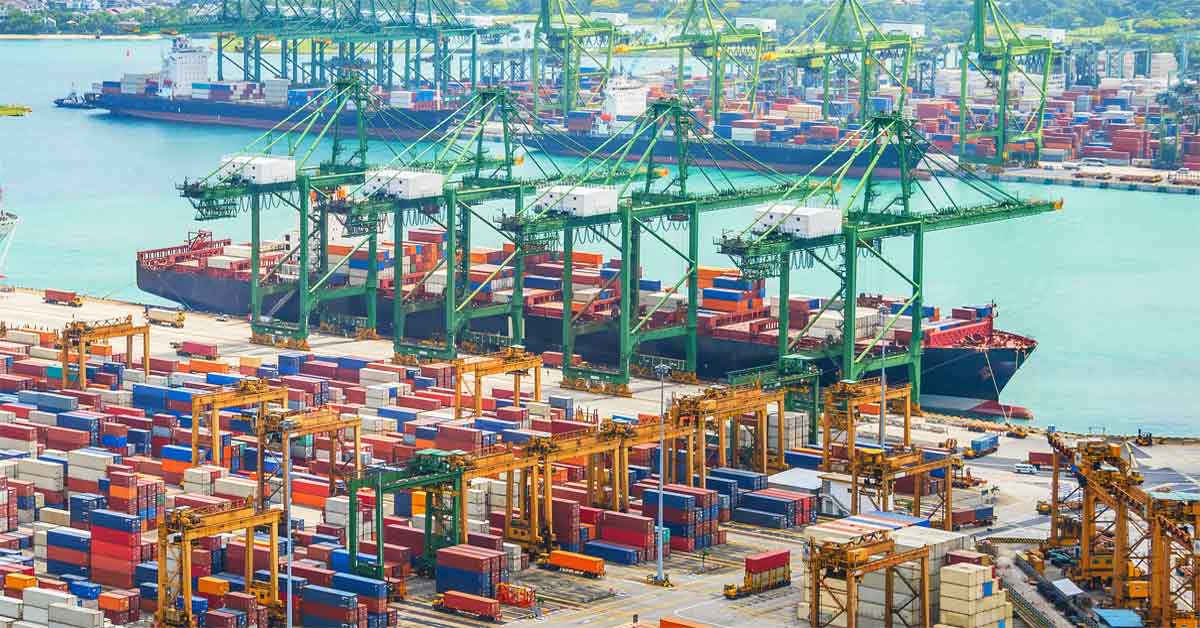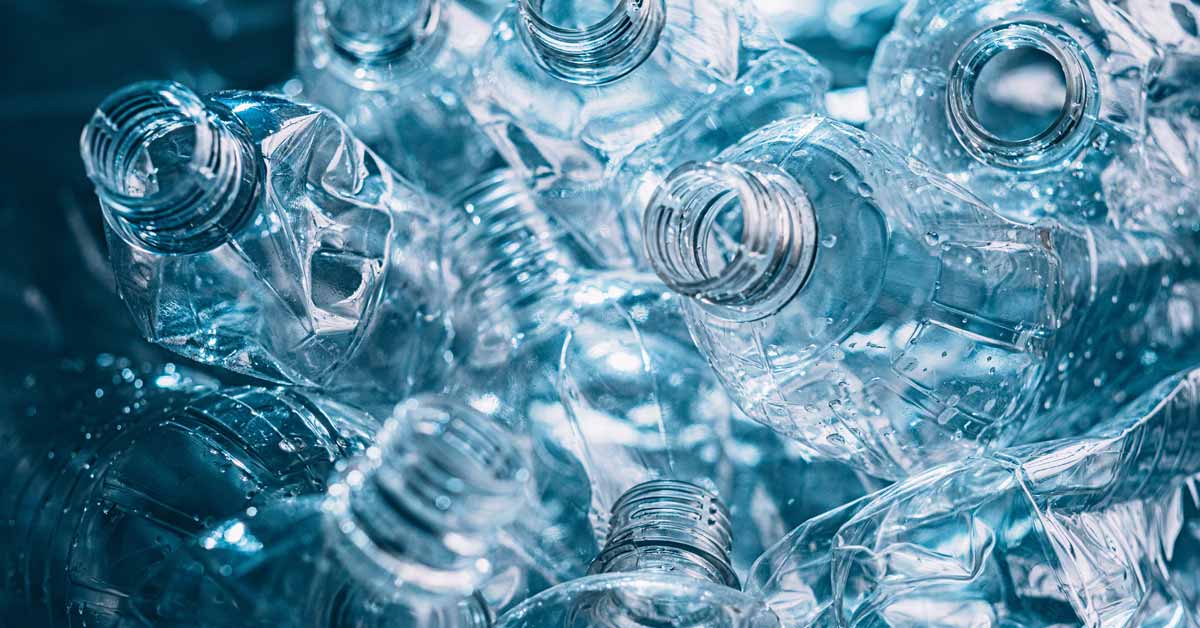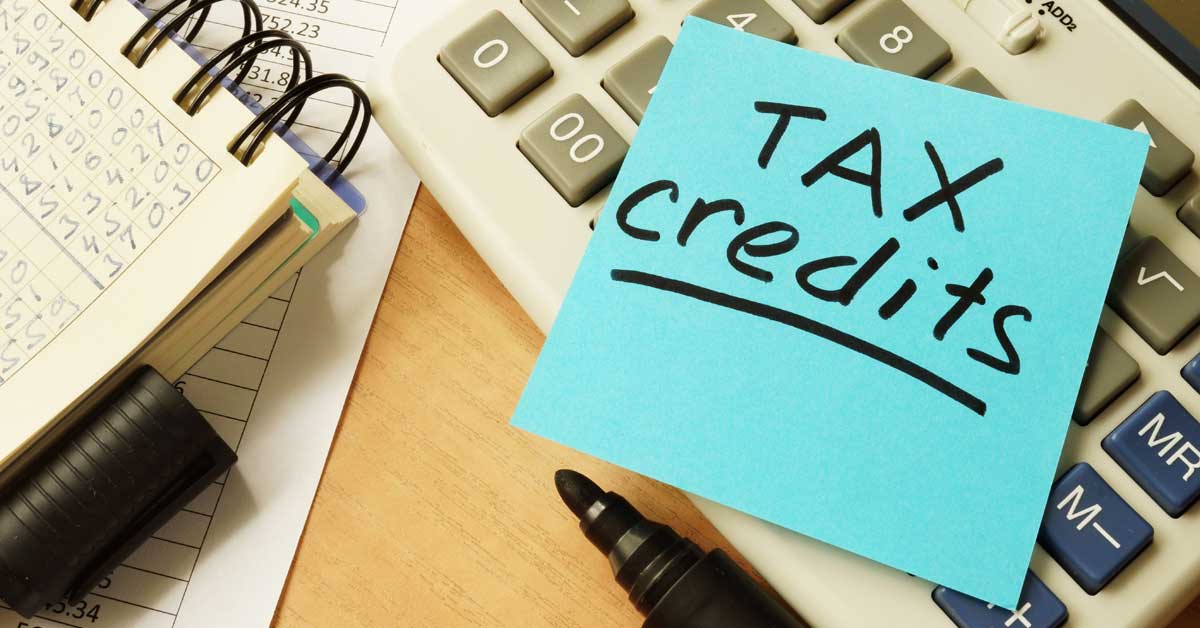3 min read
Bio-Bunkering Sees Impressive Growth with Surging Demand in Asia
ResourceWise
:
Aug 20, 2024 12:00:00 AM

The bio-bunkering market continues to see expansion with positive growth and increased demand in several key regions of Asia. While Singapore returns to a growing market, Hong Kong has also seen a rapid increase in demand for bio-bunkers.
But the EU’s anti-dumping ruling on China will shift the dynamics within biofuel production and supply. What will this mean for maritime biofuel?
Singapore Bio-Bunker Sales Rebound
An established bio-bunkering hub, Singapore’s market has struggled in recent months. However, bio-bunker sales have rebounded recently with monthly growth posted for the first time in a quarter.
Bio-blend sales in July jumped 2% month-over-month from June. The increase also reflects an immense 22% surge year-over-year compared to a year ago. Total bio-bunker sales are currently 56% ahead of their levels from 2023.
Low-sulfur fuel Oil (LSFO) comprised the majority of sales. But Marine Fuel Oil (MFO) blends posted a notable increase, putting the market into a growth pattern. MFO has experienced sales growth for three consecutive months.
Kawasaki Kisen Kaisha Ltd (K Line) fueled part of this growth. Gram Car Carriers ASA (GCC) announced that K Line would use biofuels on three vessels chartered from (GCC), with bunkering taking place in Singapore.
B24 remains the primary fuel grade used by most shipping companies. B24 blends 24 percent UCOME (used cooking oil methyl ester) with 76 percent VLSFO (very low sulphur fuel oil). This biofuel blend has become the de facto choice, but that may be changing as other blends are developed and tested.
One of these additional grades is known as B100. B100 is created entirely from 100% biofuel and is not blended with traditional fuel. Several shipping companies are exploring this option, both in European ports and in Singapore.
Although B24 is more widely used, B100 is generating a great deal of interest as a stronger renewable resource. For instance, TotalEnergies Marine Fuels is already delivering B100 in Singapore. The company provided 700 tons of ISCC-certified UCOME biodiesel on a car carrier in early August.
Hong Kong Bio-Bunker Demand Jumps 300% From Start of Year
Like Singapore, Hong Kong is also seeing a significant jump in demand for bio-bunkers. Monthly figures have jumped about 300% since the start of the year.
As pricing gets more competitive, Hong Kong’s port is quickly becoming vital to the bio-bunkering market. It serves as a stop point for ships and other vessels traveling throughout East Asia, Australasia, and even the US.
China’s Role in the Changing Maritime Market
China has grown to become a leading provider of imported biodiesel to Singapore. But current issues with the EU’s anti-dumping ruling on China may impact the total production volume or inevitable fuel destination to compensate for the market shifts.
Related: EU Tariffs' Effect on the International Biofuels Market
The country’s biodiesel may find a home in the marine sector. The current state of the Dutch market can highlight this change’s impact. The Netherlands has invested heavily in maritime biofuel. But these new tariffs will cut off supply from China as uneconomical.
Due to this rule, the market may see general marine blending structures change altogether in Europe. However, supply options are currently limited aside from China.
As legislation further shifts fuels to renewables, bio-bunkering in the maritime industry will inevitably experience further demand increases. Advanced biofuel imports into Europe will have to change to accommodate this demand, which may lead to increased blending operations in other regions.
Get Critical Bio-Bunkering and Anti-Dumping Insights with Our Latest eBook
The rapidly changing bio-bunkering landscape presents immense opportunities for those within the biofuels and feedstocks market. But the EU’s anti-dumping duties on Chinese imports will shift this market, disrupting established trading and fuel sources.
How can your business better prepare for these current and future shifting dynamics?
ResourceWise's latest eBook, After China Anti-Dumping: A Detailed Analysis of the Changing Dynamics of the Biofuels Market, can help. The eBook covers multiple topics related to the EU’s ruling on Chinese biodiesel dumping in Europe and the consequent high tariff rate:
- A comprehensive summary of the events and why the decision was made
- How supply and demand will be impacted inside and out of the EU
- Future markets and implications for emerging fuels like SAF and bio-bunkering
- The role of marine biofuels as an alternative outlet for Chinese producers
For anyone interested in maritime economics and the current state of bio-bunkering, you won’t want to miss this eBook.
Download the eBook using the link below.




![[Video] Molecules to Markets Episode 1: Chemical Markets Begin 2026 in a Supply-Driven, Margin-Sensitive Environment](https://www.resourcewise.com/hubfs/images-and-graphics/blog/chemicals/2026/weekly-video-series-molecules-to-markets/CHEM-Weekly-Video-Series-Molecules-to-Markets-Episode-1.png)
